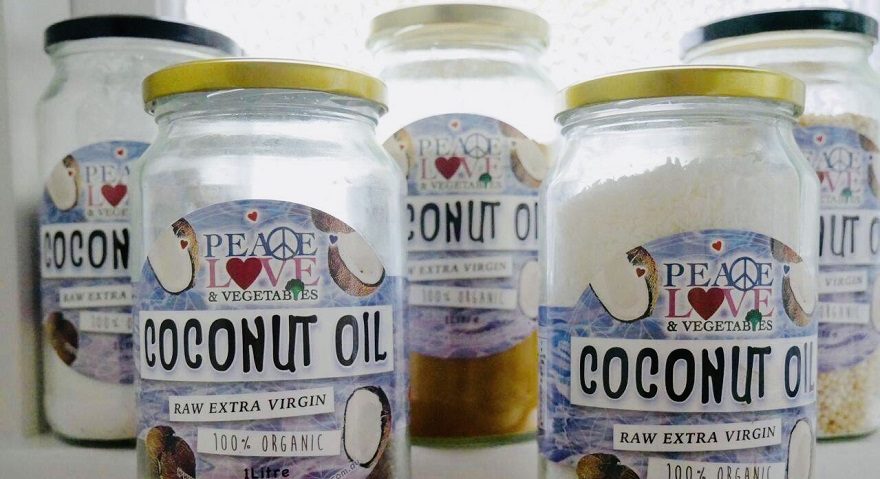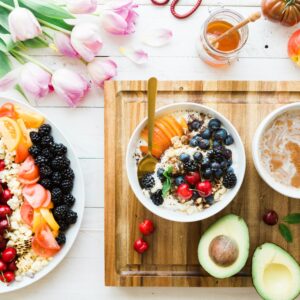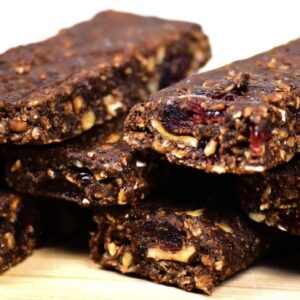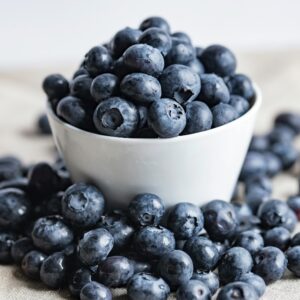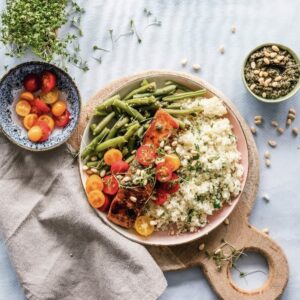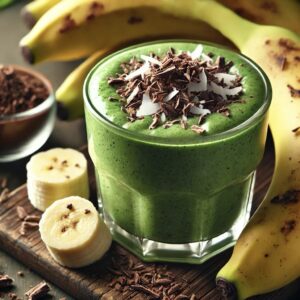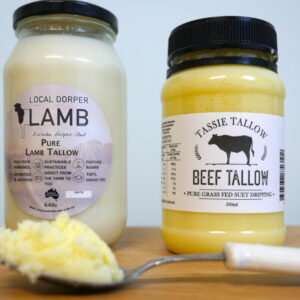Australians are pretty awesome at household recycling. According to the Australian Bureau of Statistics we have gone from recycling 15% of recyclable household items to 95% over the last 20 years. However, on average, we still create approximately 2000kg of disposable waste per year – that’s scary stuff!
One action can make such a difference, so to help you get started, here are some tips on reducing your household waste:
-
- Consume wholefoods rather than prepackaged foods or ready-made meals.
If you are purchasing fruit and vegetables, pick the loose option rather than one covered in plastic. If available, bulk bin options of pantry staples, such as flour, nuts, seeds, dried fruit and muesli is an economical and sustainable avenue, especially if you are also using reusable produce bags. - Start your own compost heap.
Whether you live on acreage or on the top floor of a block of units, you can still recycle your disposable food waste. If you have a backyard, any type of composting system will work, such as, a tumbler, self-made or even a worm farm. However, if you have zero access to an outdoor space, there are still simple options for odour free indoor composting bins and systems. - Use BYO reusable shopping bags.
Effective from July 1st, the Queensland government has banned single-use shopping bags. So you don’t get caught out on a spontaneous shopping trip without the appropriate bag, keep a few handy in the boot of your car. Australia alone uses 6.9 billion plastic bags a year of which 3.6 billion are plastic shopping bags so this one seems to be a no-brainer.(1)
- Say no to plastic drinking straws and disposable coffee cups. There are sustainable glass and stainless steel options to use for your takeaway coffee.
- Re-use glass jars as pantry storage containers, smoothie jars, lunch containers (perfect for a layered salad) or as s
torage for any other bits and bobs around the house. - Avoid using cling wrap, aluminium foil and other disposable food packaging. Instead opt for reusable options such as washable lidded containers, compostable paper bags or you can make your own cool beeswax cloth food wraps.
- Consume wholefoods rather than prepackaged foods or ready-made meals.
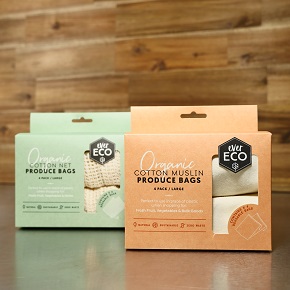

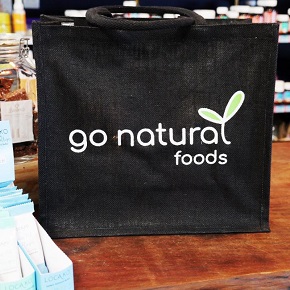
Do you have any further tips on reducing household waste? If so, our friendly staff at go natural foods would love to hear them.
If we all take one small step towards reducing our personal waste, together we are making a big step towards a cleaner future for our planet.
Written by Emma H for go natural foods

